The recent decision by President Nana Akufo-Addo’s administration to sever diplomatic ties with the Sahrawi Arab Democratic Republic (SADR) has raised significant concerns, particularly considering Ghana’s long-standing support for the people of Western Sahara in their struggle for self-determination. For 45 years, Ghana maintained strong diplomatic relations with SADR, consistently supporting international efforts to uphold the rights of the people of Western Sahara. However, this abrupt shift in policy has left many questioning the motivations behind such a controversial move.
This article is based on a post made by Sulemana Braimah, the Executive Director of the Media Foundation for West Africa (MFWA), on Facebook, which explores the implications of President Akufo-Addo’s decision. It seeks to unpack the motivations behind this diplomatic shift, explore the broader consequences for Ghana’s foreign policy, and examine the potential ramifications for Ghana’s role on the international stage.
A Long-Standing Relationship with SADR
Since 1979, Ghana and the Sahrawi Arab Democratic Republic (SADR) maintained a robust diplomatic relationship, with Ghana playing an active role in advocating for the rights of Western Sahara. During this time, Ghana’s foreign policy supported the fundamental right to self-determination for the Sahrawi people, consistent with Ghana’s historical stance on human rights and decolonization.
In 2022, the African Court on Human and Peoples’ Rights issued a landmark ruling, reaffirming the rights of the people of Western Sahara to self-determination under Article 20 of the African Charter on Human and Peoples’ Rights. This ruling underscored the obligations of African nations, including Ghana, to protect the rights of the Sahrawi people and to reject Morocco’s occupation of Western Sahara.
Despite this clear legal framework, President Akufo-Addo’s government announced the suspension of diplomatic relations with SADR, a move that flies in the face of Ghana’s longstanding position in support of Western Sahara’s self-determination.
Motivations Behind the Shift: Political and Diplomatic Considerations
The decision to end diplomatic relations with SADR could be seen as an attempt by Ghana to align itself more closely with Morocco, a country with which it has fostered increasing diplomatic and economic ties in recent years. Morocco, a key player in North Africa, has long sought to have the international community recognize its sovereignty over Western Sahara, a disputed territory it has occupied since 1975.
Some analysts speculate that Ghana’s decision may be influenced by Morocco’s growing influence in the African Union and other international forums. Morocco’s strategic partnerships with various African nations, particularly in trade, security, and diplomacy, could have played a role in Ghana’s recalibration of its foreign policy.
Furthermore, Ghana has historically sought to maintain strong relations with countries that provide economic opportunities, particularly in the area of trade and investment. Morocco’s growing role as a key player in Africa’s economic landscape, along with its investments in sectors such as energy, agriculture, and infrastructure, could have created pressure for Ghana to reconsider its stance on the Western Sahara issue.
The Legal and Ethical Dilemma
President Akufo-Addo, as a trained human rights lawyer, has been an advocate for human rights and justice throughout his political career. His decision to sever ties with SADR raises serious questions about the inconsistency between his public commitment to human rights and his actions regarding the Western Sahara dispute.
The African Court’s ruling in 2022 highlighted that Morocco’s occupation of Western Sahara is illegal under international law and that African states, including Ghana, are obligated to respect the right to self-determination for the Sahrawi people. By breaking diplomatic ties with SADR, Ghana has not only defied this legal ruling but has also chosen to overlook the fundamental rights of the Sahrawi people. This move contradicts Ghana’s historical position as a champion of human rights and decolonization in Africa.
Implications for Ghana’s Foreign Policy and Global Reputation
The decision to suspend relations with SADR has far-reaching implications for Ghana’s foreign policy and its standing in the international community. Ghana has long been regarded as a leader in the African Union, particularly in matters related to human rights and self-determination. This shift could be seen as a departure from the values that have earned Ghana respect on the continent and around the world.
- Loss of Diplomatic Credibility: Ghana’s decision to break ties with SADR could undermine its credibility in advocating for the rights of oppressed peoples and communities in the future. This shift risks sending a message that Ghana’s commitment to human rights is flexible and subject to geopolitical and economic pressures.
- Compromised Position on International Law: The African Court’s ruling on Western Sahara is an important legal precedent that has been widely supported by progressive forces within Africa. Ghana’s decision to ignore this ruling could lead to questions about the country’s commitment to upholding international law and respecting the legal frameworks that govern the African Union.
- Strained Relations with Progressive Forces: Ghana’s longstanding support for the Sahrawi people has positioned the country as a leader in advocating for the self-determination of marginalized groups. This shift could strain relations with African nations and international organizations that continue to support Western Sahara’s right to self-determination.
A Call for a Reversal: The Role of President John Dramani Mahama
Given the legal and ethical implications of this diplomatic shift, many are calling for the next Ghanaian administration, under President John Dramani Mahama, to take decisive action in reversing this decision. As a former president with a record of advocating for peace, stability, and human rights, Mahama has the opportunity to restore Ghana’s role as a principled leader in the African Union and beyond.
A reversal of this decision would not only reaffirm Ghana’s commitment to the rights of the Sahrawi people but also align the country’s foreign policy with the values of justice and human dignity that have historically defined its international relations.
Key Takeaways
The decision to sever ties with the Sahrawi Arab Democratic Republic (SADR) represents a significant departure from Ghana’s longstanding support for Western Sahara’s right to self-determination. While the move may have been motivated by diplomatic and economic considerations, it raises serious questions about Ghana’s commitment to human rights and international law. As the legal and ethical ramifications of this decision unfold, many are hopeful that President John Dramani Mahama will take action to restore Ghana’s reputation as a champion of human rights and a leading advocate for the self-determination of oppressed peoples.
Read the Statement Below:
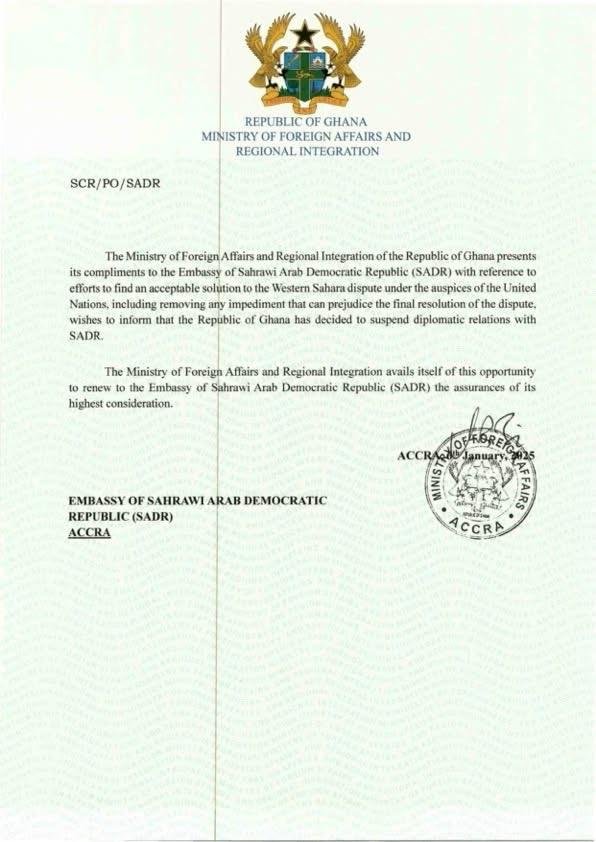









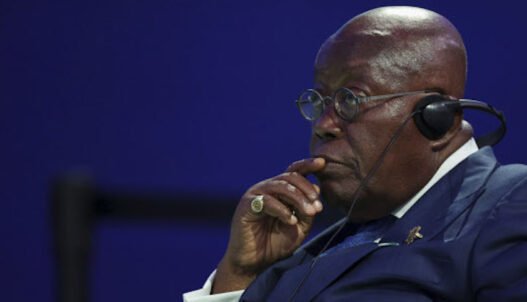
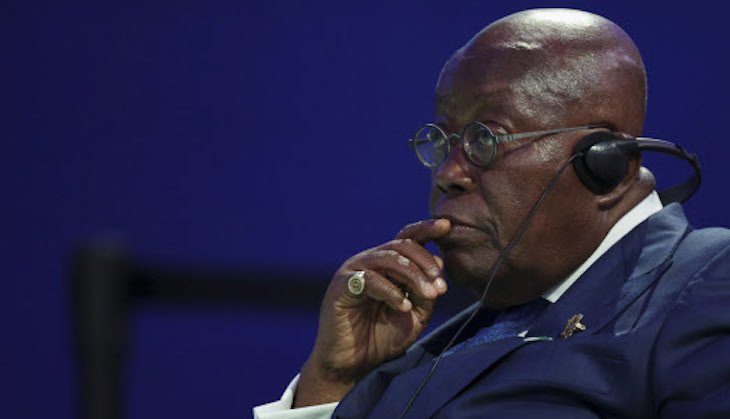



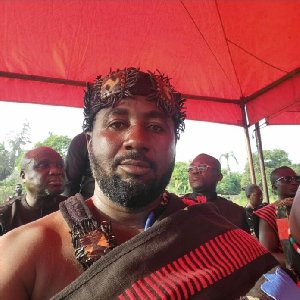
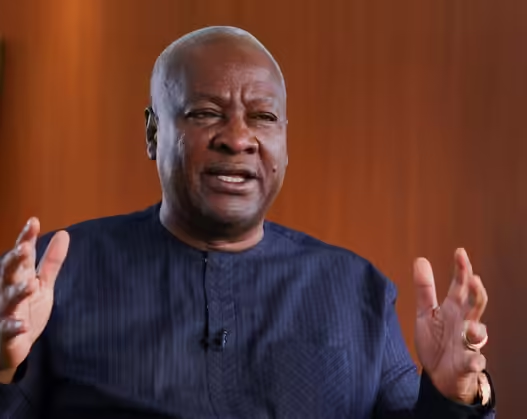


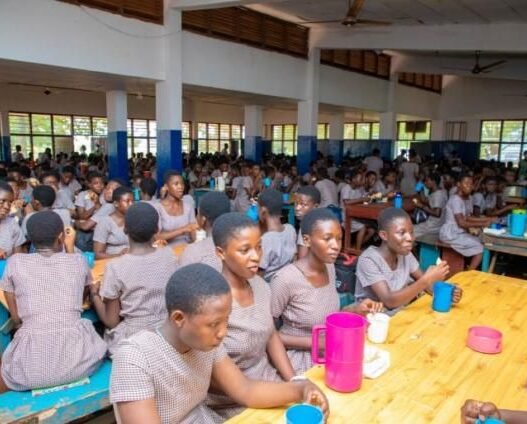



This is a very unfortunate incident considering Sahrawi Arab Democratic Republic (SADR) was part of the founding members of the African Union. I hope the Ministry will review this decision and reverse it. Interesting times ahead.